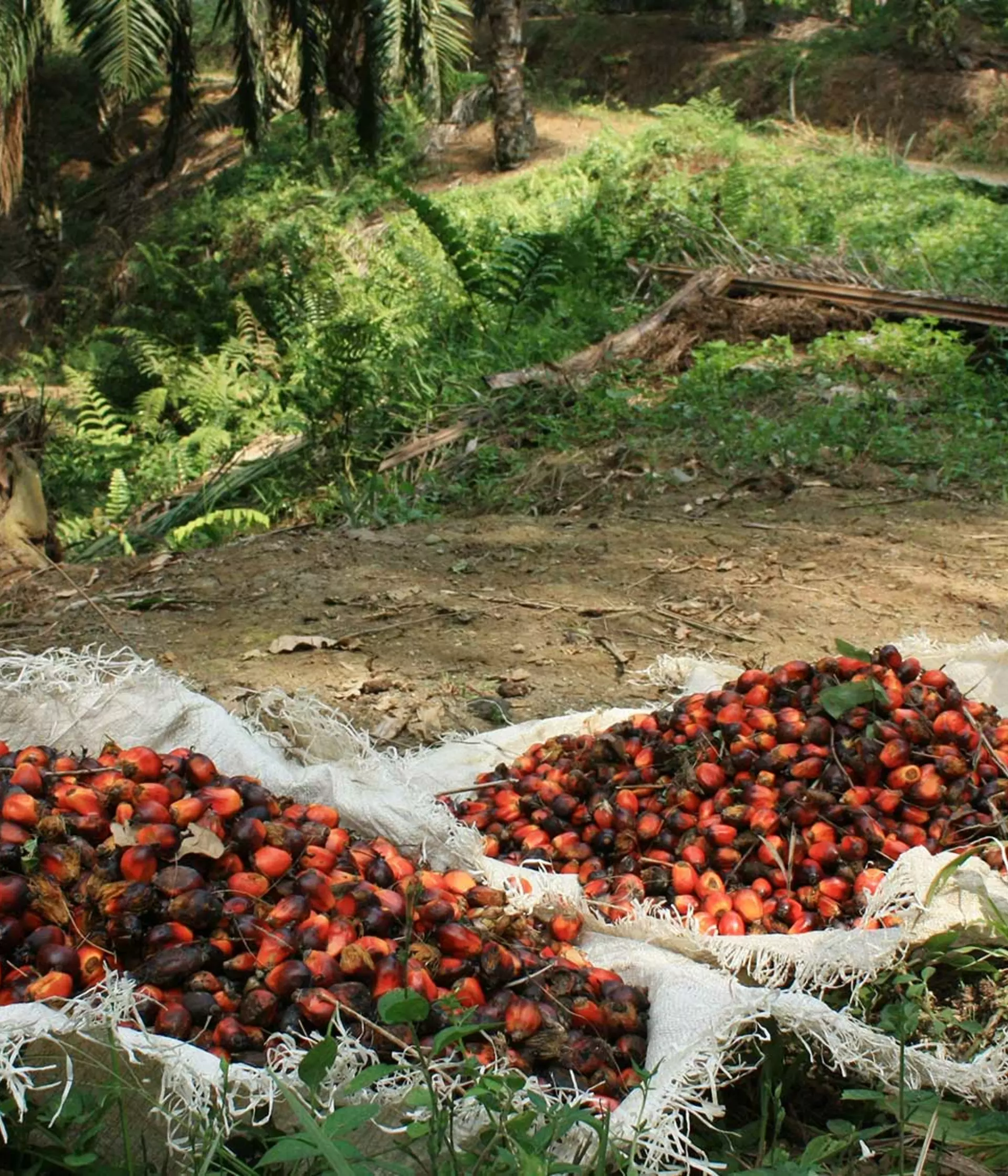A new report highlights urgent need for stronger traceability in palm oil production, despite industry’s commitment to zero deforestation.
Published by conservation charity ZSL, the SPOTT 2023 assessment of 100 of the world’s leading palm oil companies offers a glimmer of hope. Over two-thirds of these companies have committed to zero deforestation ahead of the December 2024 rollout of the new European Union Deforestation Regulation (EUDR).
While there is widespread commitment to tackling deforestation, there's a significant journey ahead towards achieving full sustainability and regulatory compliance. The assessment also revealed that less than 12% of the companies assessed have publicly disclosed the geolocations of their third-party supplier plantations – crucial data for verifying zero deforestation commitments.
Imogen Fanning, ZSL’s Sustainable Business Project Analyst, explained, “Oil palm plantations are grown in tropical forest regions, teeming with diverse wildlife. Without the precise geolocation of these plantations, it's exceedingly challenging to verify companies' adherence to their commitments on protecting forests and wildlife."
She continued, “The EUDR necessitates plantation geolocations, enabling operators and authorities to cross-reference coordinates with satellite imagery or forest maps, ensuring products adhere to the Regulation’s deforestation-free requirement.”
According to SPOTT data, the traceability gaps in the palm oil sector deepen alarmingly up the supply chain. As of 2023, in addition to only 11.5% having disclosed maps for all third-party supplier plantations, which include independent smallholders, only 53.8% of companies had publicly disclosed georeferenced maps of their own estates and a mere 15.9% did so for scheme smallholders – the small-scale farmers managed by those companies.
Smallholders contribute up to 30% of the global palm oil supply, and two-thirds of SPOTT-assessed companies source from these producers, making them central to the push for sustainable land management.
Imogen noted, “While the EUDR doesn't dictate public map disclosure, it mandates comprehensive mapping of supplier plantations. The limited disclosures on SPOTT indicate a notable shortfall, impeding the verification of sustainable production practices. Such omissions could risk sidelining smallholders, compromising broader sustainable land management efforts."
Acknowledging the EUDR’s potential impact, Imogen underscored the critical role of commercial companies in shaping a fair and sustainable future: “Given that the EU is the world’s third largest palm oil importer, its regulations, along with other impending ones, carry weighty implications, particularly for smallholders confronted with market access and equitable pricing challenges. It is imperative for companies to ensure fair compensation and invest in traceability for smallholders. Doing so prevents exclusion from supply chains, promotes sustainable agriculture practices, and supports the livelihoods of these crucial producers."
Cultivated on just 6% of global land currently used for vegetable oils, oil palm delivers a staggering 40% of the world's vegetable oil. Hailed by many as a 'super-crop', it is 4 to 10 times more land-efficient than rivals and vital in many products from food to fuel. Yet, its rapid expansion in biodiverse tropical forests has dark shadows: deforestation, habitat loss, and declining biodiversity, alongside the exploitation of local communities.
Imogen concluded, “Palm oil holds the potential to be a much more sustainably produced vegetable oil. However, its future hinges on the industry's commitment to refining its production and supply chains. Companies championing traceability and actively backing smallholders not only uphold ethical and environmental values but also unlock avenues to a more expansive, discerning market.”
ZSL urgently calls on palm oil companies to map their supplier plantations and actively assist their smallholder suppliers in this endeavour ahead of the EUDR's 2024 implementation. Regardless of their export destinations, by supporting smallholders through plantation mapping, companies can pioneer the transition to a truly verifiably sustainable vegetable oil, guaranteeing no smallholder is left in the shadows.
Using ZSL's free online SPOTT platform, downstream businesses and financial institutions are urged to identify and address EUDR-related reporting gaps and actively encourage palm oil companies to elevate their sustainability commitments and ensure verification is made possible through geolocation-based mapping.
We're assessing palm oil, tropical forestry and rubber producers to influence the industry and their buyers to make sustainable choices. Learn more about our SPOTT platform which is helping businesses implement best corporate practices.
